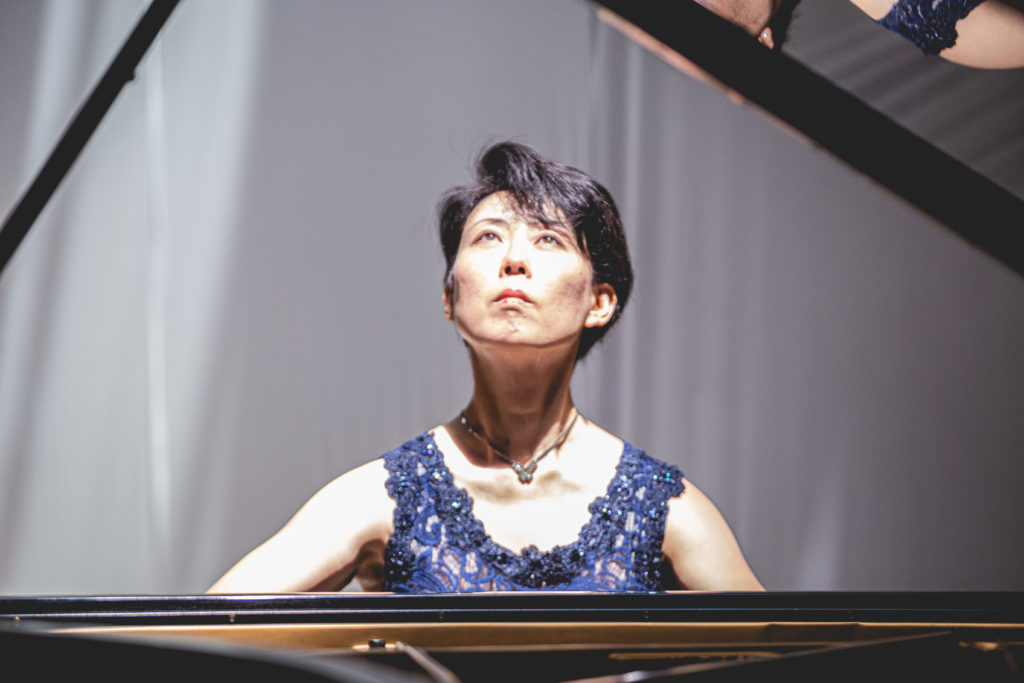This is the English translation of my Japanese article to appear in Nikkan San on April 3rd, 2022, as a part of my bi-weekly column, “The Way of the Pianist.
How many phone numbers can you recall without any reference?
The history of our civilization reveals our memories taken over by external records. I became aware of this through the course of my doctoral research on the genesis of memorization as a piano performance practice. The more advanced and meticulous the way we record becomes, the more we seem to disregard our memories. And the more we trust the external record, perhaps the more we slight our subjective and embodied experience of our lives and relationships.
The average literacy rate in Medieval Europe was around 20%. And Japanese is a language without written letters – the adaptation of Chinese characters to the Japanese language did not begin until the 4th century. The only way for human history and personal memories to be passed down was through oral traditions of stories and songs. That was until the invention and development of ways to keep records, independent of personal communication. Just as reading and writing abstracted and codified thoughts and ideas, notation did the same for music. Printing press enabled the mass production of these codes, and the publishing industry disseminated them. The proliferation of education made the codified thoughts, ideas and music accessible to the mass. Today, we cannot live withou information technology. How many stores can you get to without a GPS?
Our memories always have associations. One of the phone numbers I still remember belonged to my childhood piano teacher. With her numbers, my ears immediately replay her falsetto melodiously calling my name with the Japanese endearment; “Maki-chan.” She always brewed Chinese tea before my lessons on cold days, and I remember its steam and fragrance. But with the numbers on my smartphones, I have none of those associations, or if I do, the efficiency of our technologies does not allow for the time to cherish these memories and associations. Our dependence on our external records may be depriving us of something very important.
Memorizing a piece of music takes a lot of time and commitment. When efficiency is emphasized above all else, many might consider my way as a pianist anachronistic. But with the practice of memorization, I am reminded of some things that we collectively seem to have forgotten.
